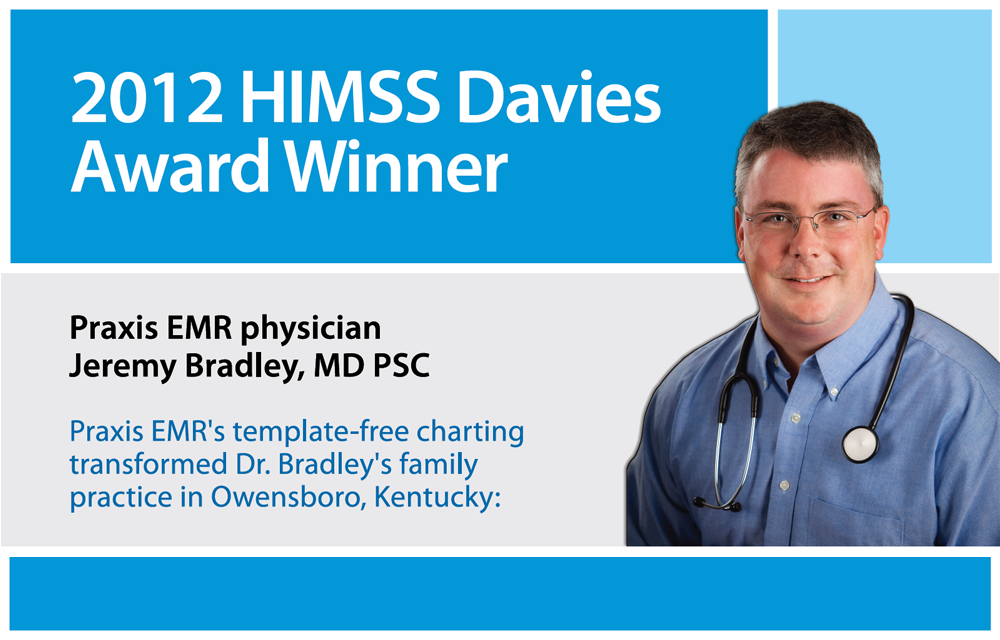It is widely thought that because computers are machines, they are objective tools. Indeed, this is the perspective that leads many of our colleagues to unconditionally trust EHR software systems: unlike a human being, they think, the computer will make always make the right decision- we programmed it to do so.
This viewpoint misses the basic concept of what software, or any technology, really is: a framework built by human beings that includes certain capabilites and excludes others. Computers are incredibly biased by the programmers who create them. This affects not just the capacity of the computer itself, but our own conception of how to use them. And the consequences don’t end there: the structure of a computer program also affects how we view possibilities in the world around us. As psychologist Abraham Maslow observed, “If all you have is a hammer, everything looks like a nail.”
The subjectivity of software has huge implications for the EMR/EHR debate. As we’ve discussed elsewhere, EMRs are designed explicitly for physicians. EHRs are designed to serve all of the stakeholders in the healthcare realm: doctors, hospital administrators, insurance companies, patients, and other third parties. As a consequence, the biases and capabilities of these programs are very different. Several recent studies have highlighted the ways in which the limitations of template-based EHRs in turn limit the decision making capabilities of the physicians who use them.
All computer programs take sides, and a good program should take the side of its user. If your position is that of the controller of healthcare in a financial institution, your needs are markedly different than those of a physician in a small practice, or a hired physician in a larger healthcare institution, or even a patient. As a doctor, should your program be built for doctors (EMR) or for “society,” whatever that means (EHR)? As a practitioner of medicine, you deserve to have your software tailored to make sure you benefit as much as possible. And because the vast majority of doctors put patients first, patients will benefit as a result.
The good news is that computer programs, like human beings, are constantly interfacing. You can easily link the specialized software you need with other specialized programs built for other constituencies (billing, laboratories, immunization registries, etc). All software should interface with other interested parties’ software in real time, each benefiting its respective client base. You cannot be all things to all people, and neither can software. This is what the voices behind EHR fail to understand.
